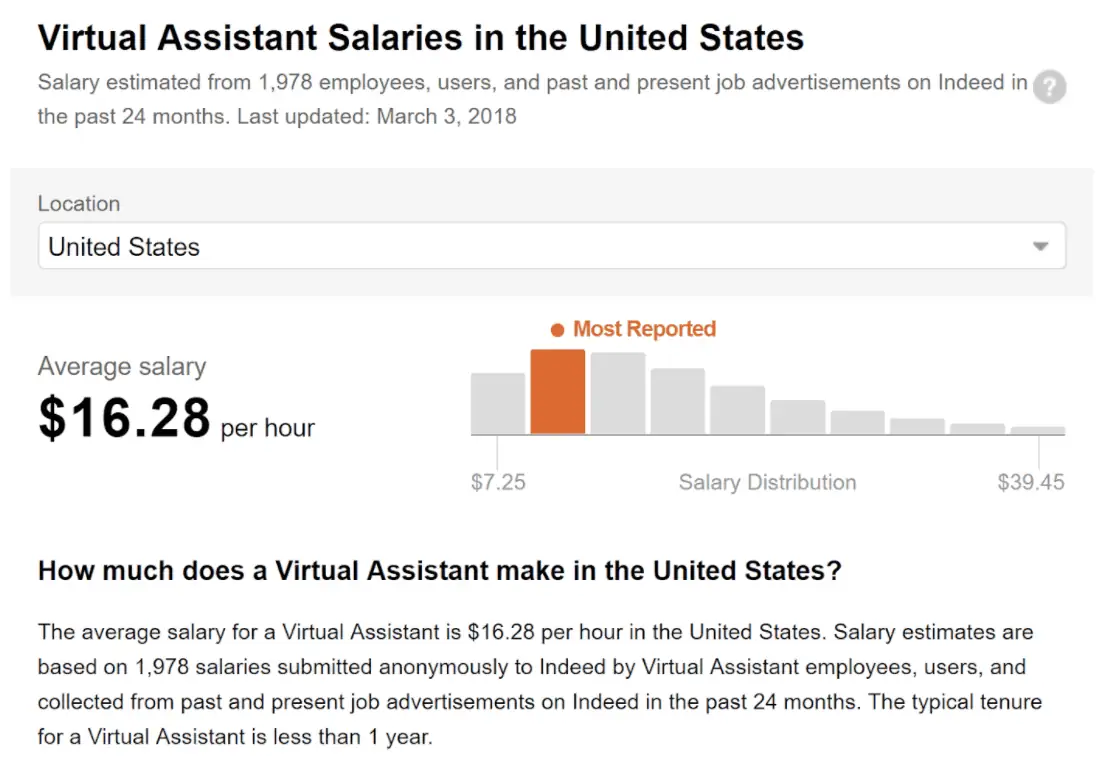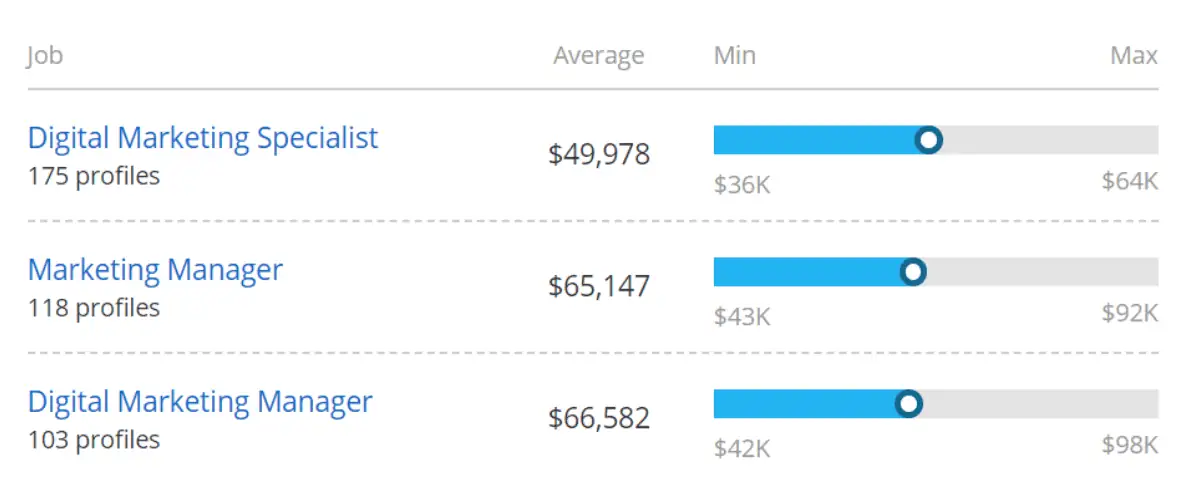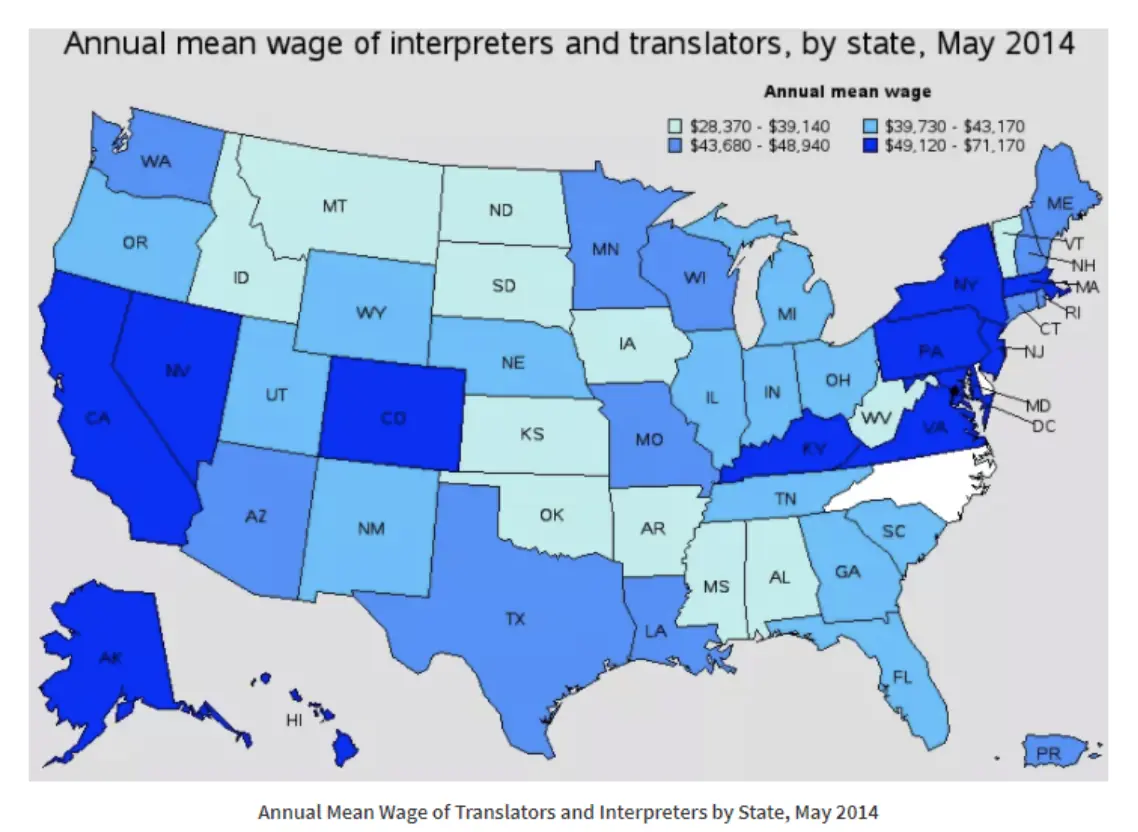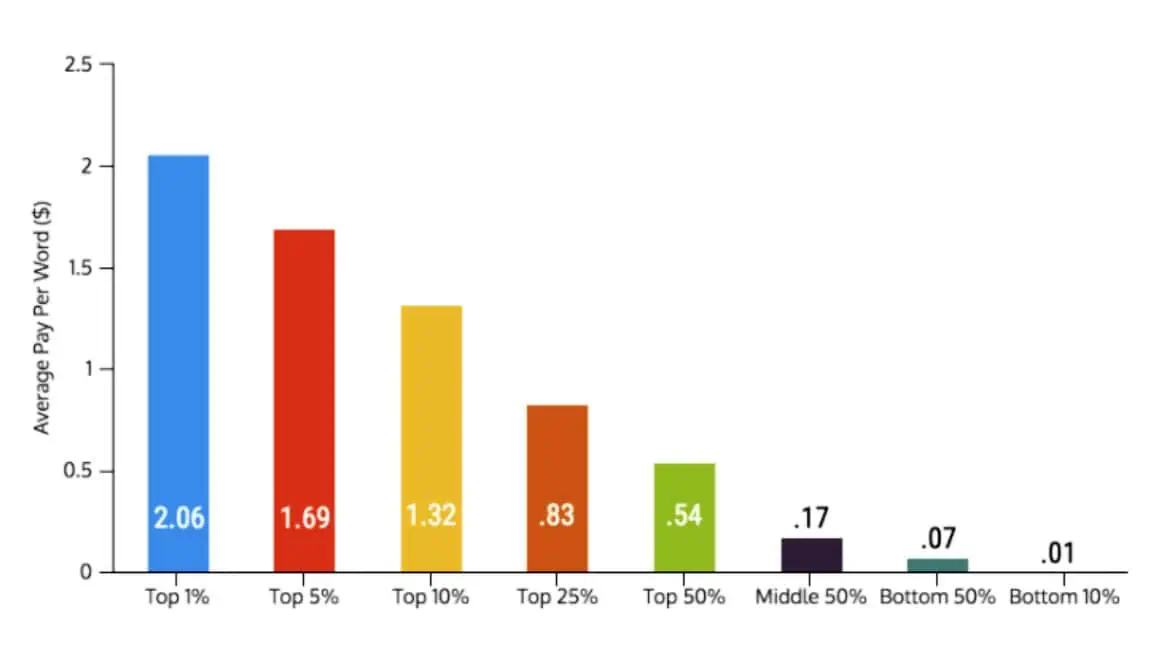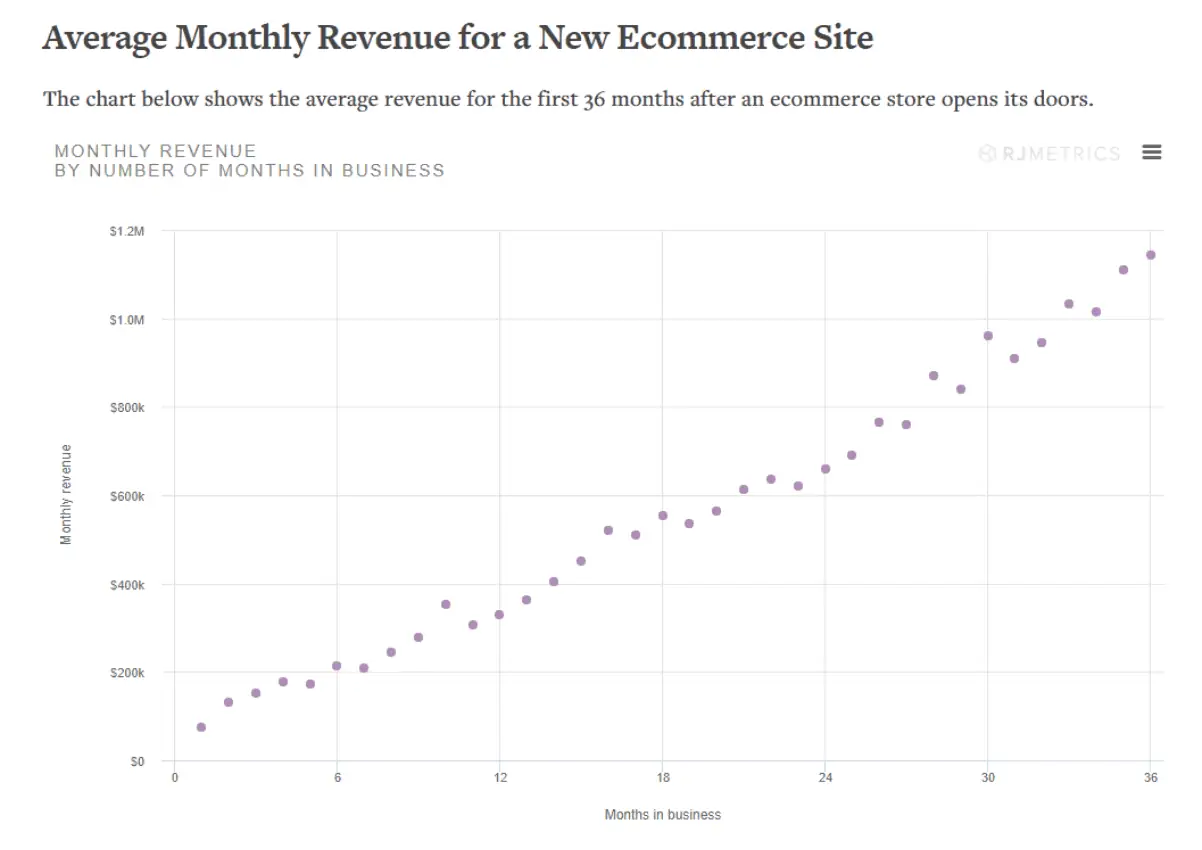Table of Contents
Key Findings
- Software developers, engineers, and advertising managers are the best remote-friendly jobs for frequent movers
- Chef, electricians, and carpenters are the best non-remote jobs suitable for people who move frequently
- Only 1 in 3 occupations (30%) are deemed suitable for remote work
- 81% of employed Americans who moved in the last 10 years stayed in the same occupation
A few years back, we wrote about some of the best jobs for people who move a lot. At the time, only a handful of jobs, mostly freelance and tech, didn’t require coming into the office or working on-site on a daily basis.
But obviously, the global pandemic has changed that perception for many Americans across a whole variety of occupations. Many discovered they can work from anywhere and moved to work remotely, potentially permanently altering the American workforce.
People working from home, or not at all
Elsewhere, there’s another phenomenon that’s gaining momentum—the Great Resignation. As the number of people leaving their job in industries like accommodation, food service, and recreation continues to rise, many seek to switch to new, better-paid, more work-life balance-affording careers. Both of these trends coincide with an upswing in the number of overall moves as compared to the year before, as many moves are being driven by work-related factors.
“Unsurprisingly, the best stay-at-home jobs belong to software developers.”
With that in mind, we decided to ask: what are the jobs that allow people to move more freely? What careers can those who move frequently pursue without sacrificing their employment to where they choose to live?
In HireAHelper’s latest study, we compare over 300 occupations to find the best jobs that can be done remotely, determine jobs that aren’t remote-friendly but are in-demand across the country, and highlight some of the best occupations for frequent movers that don’t require a college degree.
How We Ranked the Jobs
Using a list of over 300 jobs from a recent study that analyzed the most “remote-friendly” jobs, we dug deeper to find out how those jobs fared specifically for people on the move. All remote and non-remote jobs are ranked by:
- Moveability (% of people in the job who moved and continued working in the same industry)
- Median annual pay
- How in-demand it is across the United States
- How easy it is to get into the occupation based on education and training required
Why Are These the Best Jobs When Moving?
When we talk about jobs that are good for people who move a lot, we mean both that the jobs are easy to do from anywhere, and are relatively easy to find within different parts of the United States, due to their broad demand.
Top Remote-friendly Careers for Frequent Movers
Here are the top five jobs deemed most suitable for remote work, according our ranking criteria:
- Software Developers
- Computer Hardware Engineers
- Advertising and Promotions Managers
- College Professors
- Public Relations Specialists
Last year, a study out of the University of Chicago looked into the suitability of occupations for working remotely, estimating to what extent people in different jobs have to spend on-site, interacting with people face-to-face, installing, inspecting, and repairing machinery, etc.
Based on their criteria, only 106 out of 322 (33%) of the occupations in our dataset were classified as “remote-friendly”.
Unsurprisingly, the best stay-at-home jobs belong to software developers. Great pay, combined with being remote-friendly, and one of the highest rates of people with this job who move and continue working in it make this a top career for frequent movers.
Tech careers are quite popular with people moving, as are jobs in Marketing and PR, as well as Finance—all white-collar, often office-based jobs which are often suitable for remote work and generally in-demand across the country.
Check the graph below for the breakdown of the top 25 remote jobs.
Moving far away?
Do it cheaper.
MovingPlace can save up to 40% compared to traditional interstate moving companies. Click here to learn how.
Non-remote Jobs in Broad Demand
Here are the top five non-remote jobs according our ranking criteria:
- Chefs/Head-Cooks
- Electricians
- Carpenters
- Occupational Therapy Assistants
- Physician Assistants
What if you’re in a job where you can’t work remotely? Let’s not forget that despite what it seemed, the majority of Americans didn’t or couldn’t carry out their jobs on a remote basis, even during the pandemic. Not to mention, what if working remotely simply doesn’t appeal to you? Not to worry, there’s a job for that!
These jobs weren’t seen as suitable for remote work by the University of Chicago study, but all are reasonably well-paid, and, crucially, in high demand across the country, meaning people in these professions are likely to find a job after moving.
Along with a number of other foodservice occupations like waiters and cafeteria managers, this top 25 list features a number of high-skilled manual jobs like electricians and carpenters, as well as a range of Healthcare-related to nursing and surgery.
Do Any of These Jobs Not Require a College Degree?
It is frequently within the non-remote jobs where we find many occupations for which you don’t need a college degree (they’re all marked with an asterisk (*) in the chart above).
Among them are many skilled manual labor occupations such as electricians and carpenters, but surprisingly there are also a handful of jobs in healthcare support, like occupational therapy assistants and nursing assistants.
There are also a few remote-friendly jobs where a college degree isn’t a requirement. Among those would be computer network support specialists and customer service reps.
Granted, college grads continue to out-earn those without a degree, but that doesn’t mean those without a degree can’t have a good job, which allows them to move.
How Did You Get This List?
To produce this ranking, we looked up each job from the Bureau of Labor Statistics and collated information about each occupation’s median pay and typical requirements around education, work experience, and on-the-job training necessary to do each job.
To this set of data, we added the results of a study out of the University of Chicago, where researchers estimated whether a given job can be done from home. We used their conclusions to assign each job its telework-ability.
In the attempt to make our ranking less biased towards remote work, we introduced a measure of demand which represents how evenly distributed the demand for each occupation is across the 50 states of the U.S. To do this, we used the data on regional employment from the Bureau of Labor Statistics, which gave us an idea of jobs that can’t be done remotely but have enough job opportunities across the country.
Finally, to estimate how move-friendly a given job is, we looked at the evidence from the Current Population Survey and calculated the % of people in each occupation who moved but continued working in the same occupation.
To see how all the occupations compare on the above metrics, please consult the table below. For a more detailed description of the methodology, please refer to the Sources and Methodology section.
Best Jobs for Frequent Movers
Sources and Methodology
The data on annual pay, demand in occupation, ease of entry (i.e., education, training, and work experience required), projected growth, and occupational employment were all taken from the Bureau of Labor Statistics.
The ability to work remotely by occupation was taken from the study by Jonathan I. Dingel and Brent Neiman at the University of Chicago, carried out in 2020.
Current Population Survey was the source of data on the number of people that moving and staying within their occupation.
The overall score has a maximum of 100 points and is based on a selection of 16 factors, which were weighted as follows:
-
Move-friendliness (% of people in each occupation who moved but continued working in the same occupation): 35 points
-
Pay (annual median salary): 30 points
-
Universal demand: 20 points
-
Ease of entry (i.e., education, training, and work experience required): 15 points







